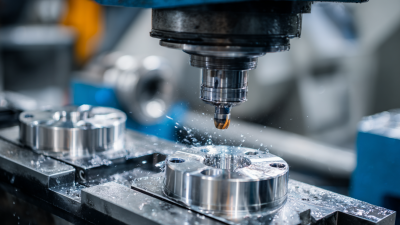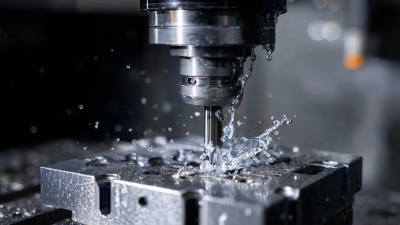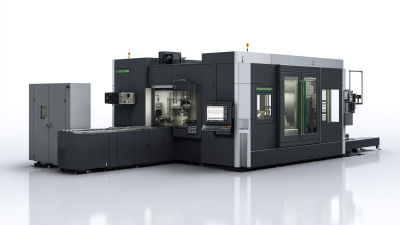
Unlocking the Future: How Precision CNC Technology is Revolutionizing Manufacturing
In recent years, the manufacturing landscape has undergone a profound transformation, largely driven by advancements in precision CNC (Computer Numerical Control) technology. As industries strive for greater efficiency and accuracy, the global CNC machine market is projected to reach $100 billion by 2026, reflecting a compound annual growth rate (CAGR) of 6% according to industry reports. Precision CNC not only enhances production capabilities but also significantly reduces lead times and operating costs, making it a game-changer for sectors ranging from aerospace to medical devices.
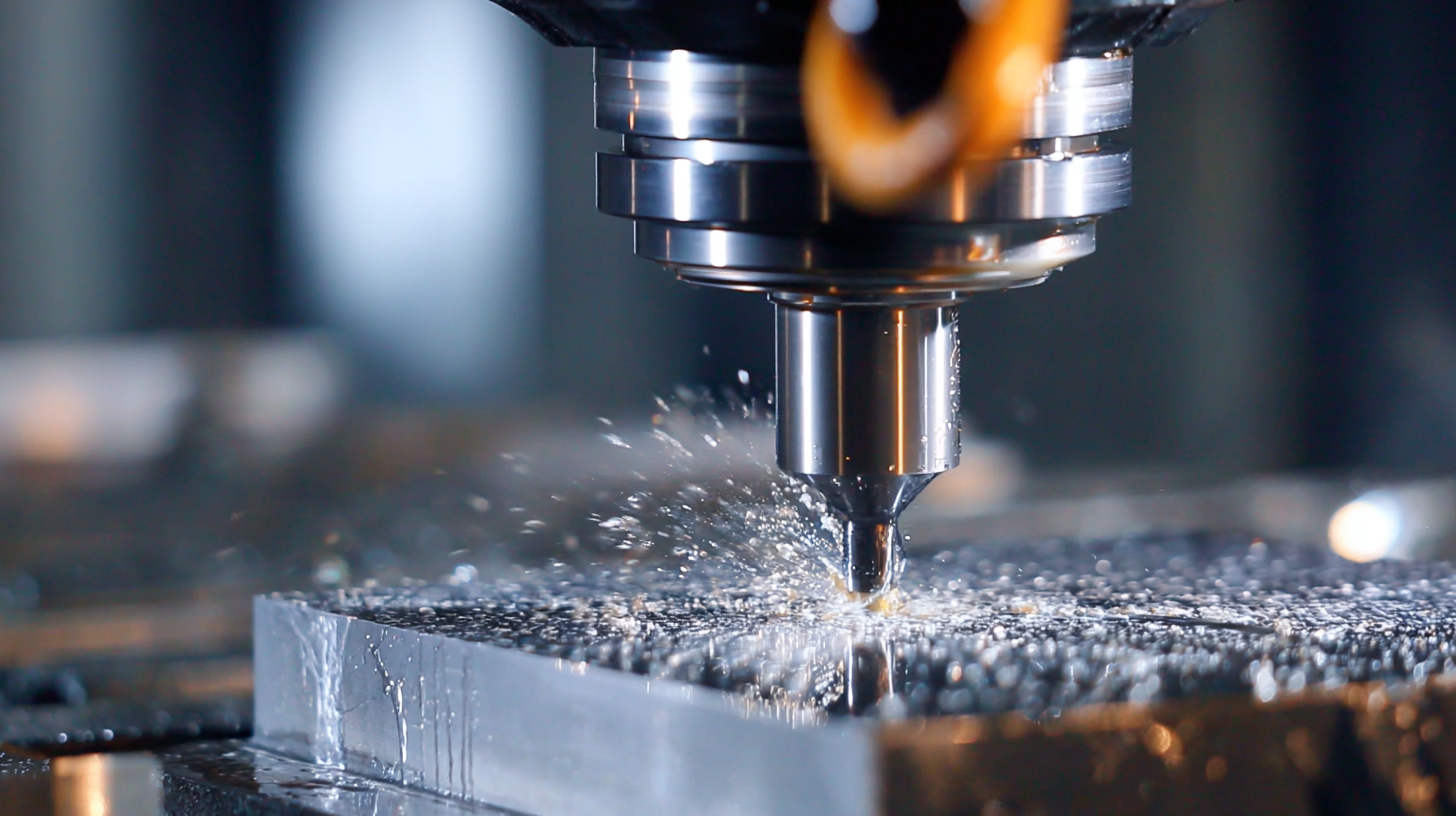
With the capability to produce intricate designs with unparalleled accuracy, precision CNC is unlocking new possibilities in manufacturing, fostering innovation, and driving competitiveness in an increasingly globalized economy. As we delve deeper into this topic, it becomes evident that mastering precision CNC technology is essential for manufacturers aiming to thrive in the digital age.
The Role of Precision CNC Technology in Enhancing Production Efficiency
Precision CNC technology is reshaping manufacturing by significantly enhancing production efficiency across various industries. According to a recent report by MarketsandMarkets, the CNC machining market is projected to reach USD 100 billion by 2026, indicating a CAGR of 6.3% from 2021. This growth is driven by the demand for automated processes that improve precision, reduce waste, and optimize resource utilization. Advanced CNC systems allow for quicker setup times and greater customization, allowing manufacturers to streamline their operations and meet the increasing consumer expectations for quality and versatility.
Tip: Implementing a robust training program for operators can maximize the benefits of precision CNC technology. By enhancing skill levels, companies can increase the utilization of advanced features such as adaptive machining and real-time monitoring, leading to significant gains in operational efficiency.
Moreover, as manufacturers adopt Industry 4.0 principles, integrating CNC machines with IoT sensors and data analytics becomes crucial. Research from Deloitte indicates that smart manufacturing practices can yield a 20% increase in productivity. Utilizing precision CNC technology not only streamlines production workflows but also provides valuable data insights that enable continuous improvement and informed decision-making.
Tip: Regularly perform maintenance and updates on CNC machinery to ensure optimal performance. Scheduled checks can prevent downtime and maintain high production standards, thereby contributing to overall efficiency and cost-effectiveness in manufacturing processes.
Impact of Precision CNC on Reducing Material Waste in Manufacturing Processes
Precision CNC (Computer Numerical Control) technology is increasingly becoming a cornerstone of modern manufacturing, particularly in its capability to minimize material waste. According to a report from the National Association of Manufacturers (NAM), companies that leverage precision CNC systems can see a reduction in material waste by up to 30%. This decrease not only contributes to cost savings but also promotes sustainability, which is crucial in today’s environmentally-conscious market.
The high accuracy of precision CNC machining allows manufacturers to utilize materials more efficiently. In fact, data from the Association for Manufacturing Technology (AMT) indicates that precision CNC tools can achieve tolerances as tight as ±0.001 inches. This capability ensures that every cut and shape is exact, significantly reducing offcuts and scrap materials during the production process. Furthermore, by enabling complex designs to be machined in a single setup, manufacturers can eliminate additional processing steps that typically generate further waste, leading to an overall leaner manufacturing process.
Impact of Precision CNC Technology on Reducing Material Waste in Manufacturing
This chart illustrates the reduction of material waste in manufacturing processes due to the implementation of precision CNC technology over the past five years.
How Precision CNC Machines Contribute to Higher Product Quality Standards
Precision CNC (Computer Numerical Control) machines are at the forefront of a manufacturing revolution, significantly enhancing product quality standards. These advanced machines allow for unparalleled accuracy in cutting, shaping, and assembling materials. With precise measurements and adjustments, CNC technology minimizes human error and variability in production, leading to consistently high-quality output. As manufacturers increasingly adopt CNC methods, they find that products not only meet but often exceed quality benchmarks, resulting in greater customer satisfaction and loyalty.
Tips for improving product quality with CNC technology include regular maintenance of machinery to ensure peak performance, investing in proper training for staff to maximize the technology’s potential, and utilizing high-quality materials. By understanding and implementing these strategies, manufacturers can further enhance the reliability of their CNC processes, ultimately leading to superior products.
Moreover, the integration of CNC technology allows for complex geometries and designs that were previously difficult or impossible to achieve with traditional manufacturing methods. This capability enables innovative designs that meet modern consumer demands for aesthetics and functionality, reinforcing the importance of precision in today’s competitive market.
Unlocking the Future: How Precision CNC Technology is Revolutionizing Manufacturing
| Dimension | Measurement | Implication for Product Quality |
|---|---|---|
| Dimensional Accuracy | ± 0.001 mm | Higher precision parts that reduce assembly errors |
| Surface Finish Quality | Ra 0.1 - 0.2 µm | Smoother surfaces enhance aesthetic appeal and functionality |
| Production Speed | Up to 300% faster compared to traditional machining | Increased output without sacrificing quality |
| Repeatability | ± 0.002 mm | Consistent quality across multiple batches |
| Material Waste | Reduced by up to 30% | More economical production, leading to lower costs |
The Economic Benefits of Implementing Precision CNC Technology in Factories
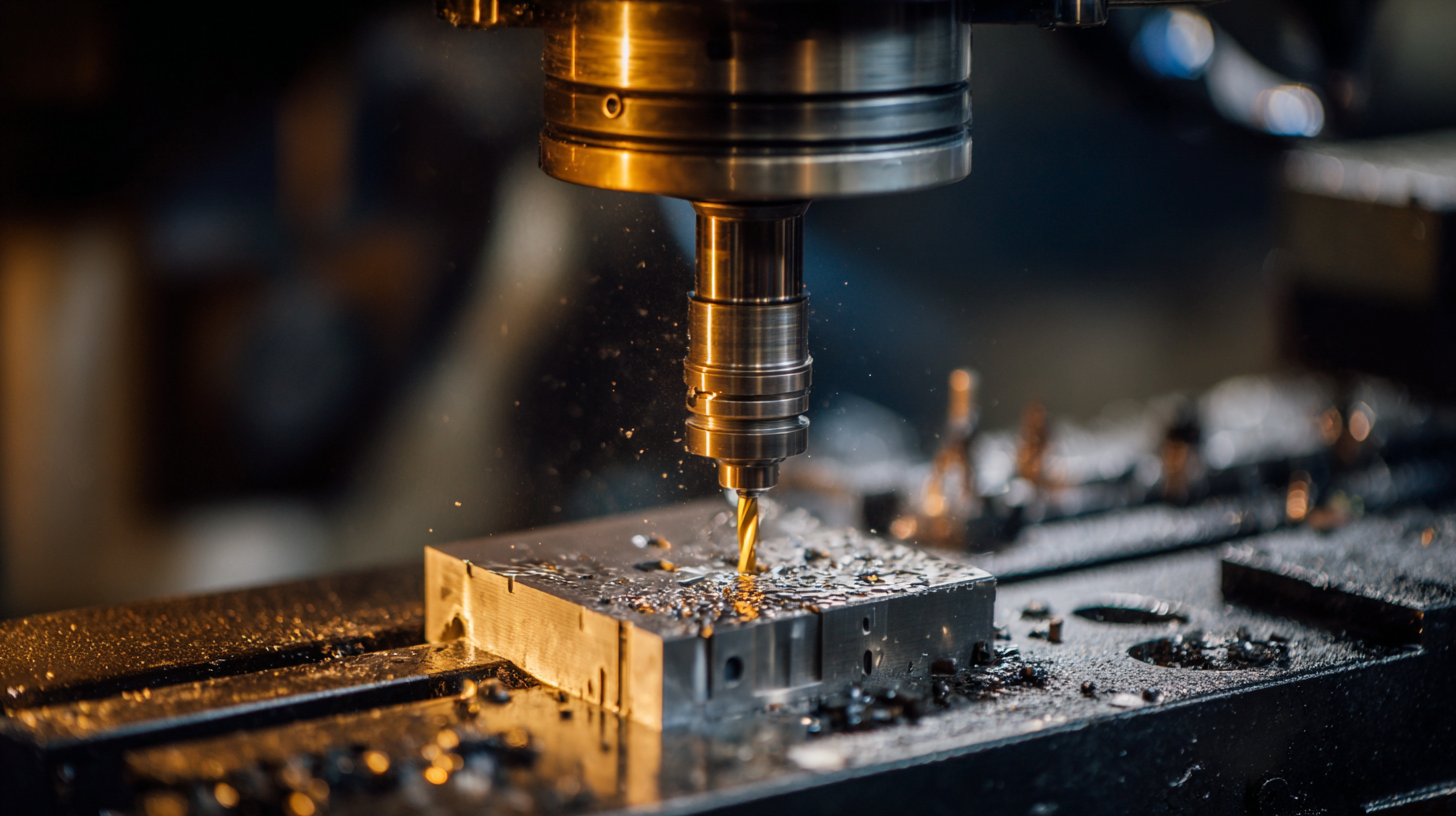 The implementation of precision CNC technology in manufacturing is driving significant economic benefits across various industries. By leveraging digital manufacturing capabilities, factories are experiencing enhanced productivity, reduced waste, and improved quality control. This precision allows for tighter tolerances and faster turnaround times, enabling businesses to meet customer demands more effectively.
The implementation of precision CNC technology in manufacturing is driving significant economic benefits across various industries. By leveraging digital manufacturing capabilities, factories are experiencing enhanced productivity, reduced waste, and improved quality control. This precision allows for tighter tolerances and faster turnaround times, enabling businesses to meet customer demands more effectively.
Moreover, the cost savings associated with CNC technology cannot be underestimated. By automating processes and minimizing human error, manufacturers can streamline operations and improve their profit margins. This technological advancement not only helps existing businesses but also fosters a more competitive environment, encouraging innovation and attracting new investments. As industries adapt to these changes, the overall economic landscape will continue to evolve, highlighting the importance of embracing precision CNC technology in modern manufacturing practices.
Future Trends: The Evolution of CNC Technology and Industry 4.0 Integration
The integration of CNC technology with Industry 4.0 is transforming the landscape of manufacturing. As precision machining becomes increasingly critical, the CNC machine tool market is expected to grow significantly, reaching approximately $229.46 billion by 2032, at a compound annual growth rate (CAGR) of 8.1% from 2025. This transition reflects a broader trend where manufacturers embrace digital solutions to enhance productivity and streamline operations.
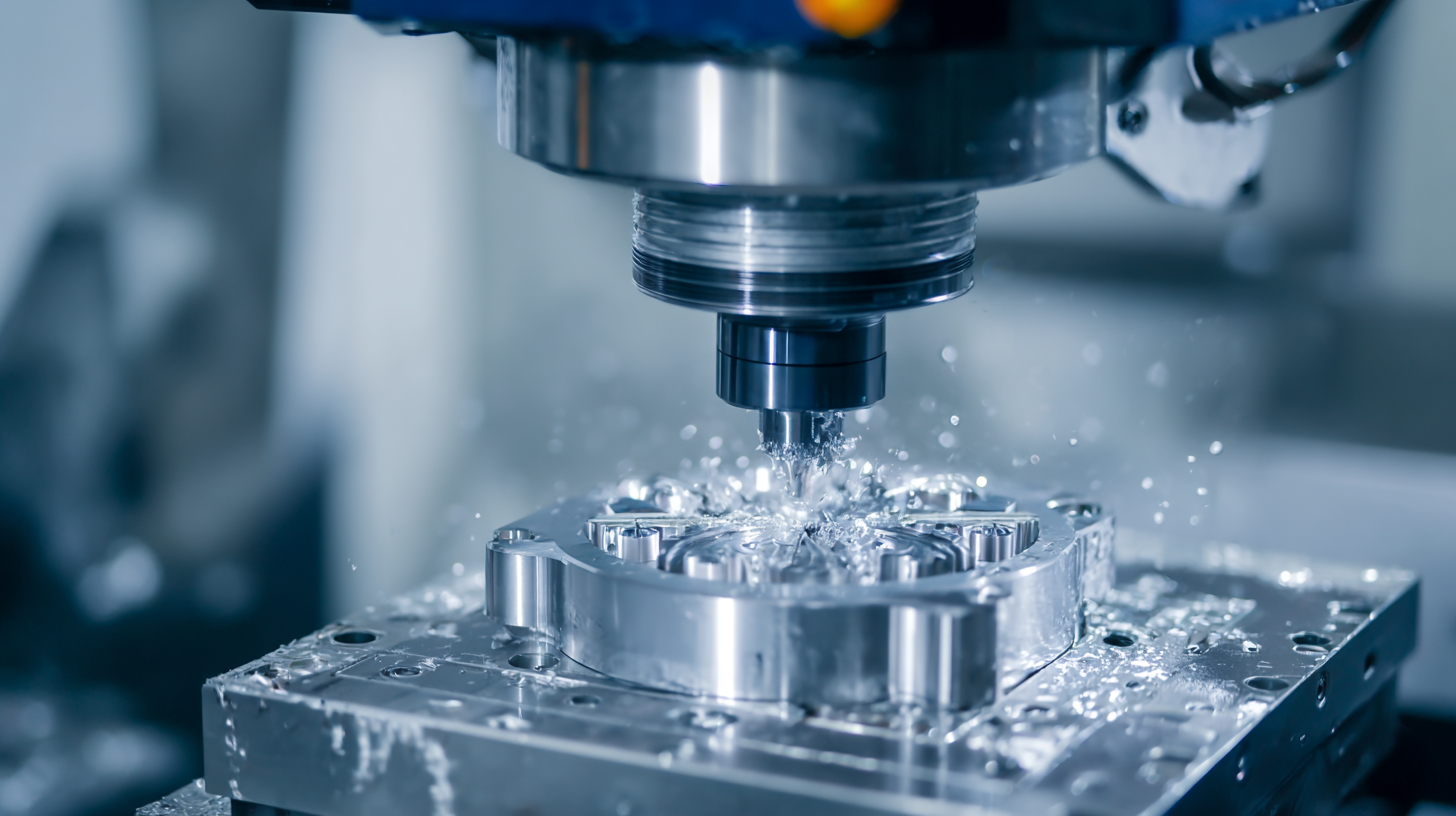
Moreover, the desktop CNC milling machine market is projected to grow from $12 million in 2022 to around $19 million by 2030, driven by a CAGR of 7.5%. This growth highlights the rising adoption of user-friendly and efficient machining technologies, catering to a wide range of applications across sectors. Incorporating smart functions into machining processes not only optimizes production but also aligns with sustainability goals, making manufacturing more eco-friendly.
Tips: Invest in the latest CNC software to maximize machine efficiency. Regularly update your equipment and retrain staff to adapt to new technologies. Keep an eye on market trends to identify opportunities for expansion and innovation in your manufacturing processes.

